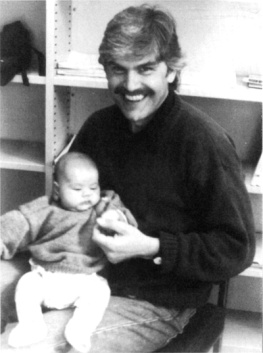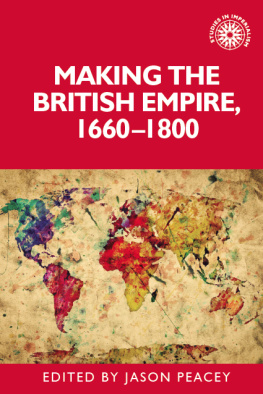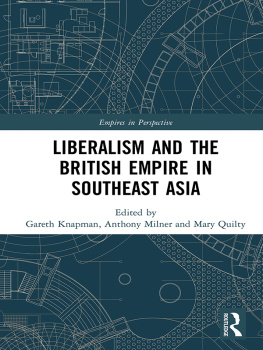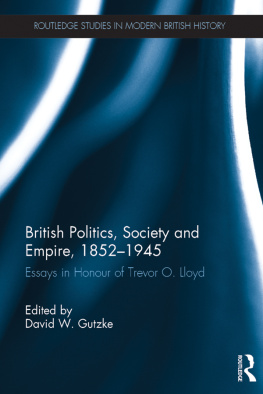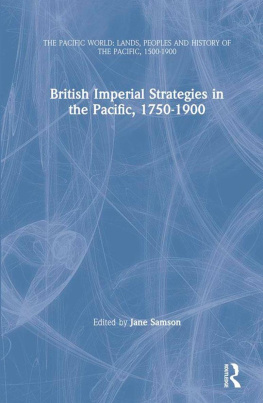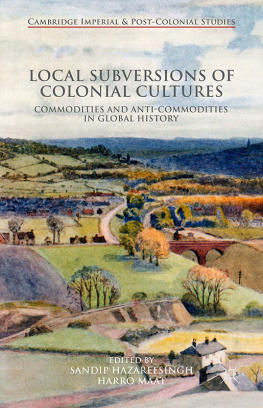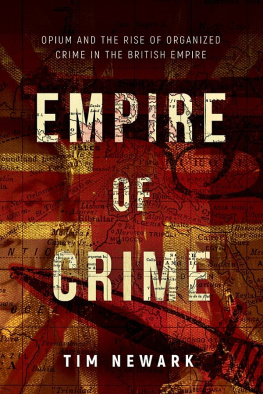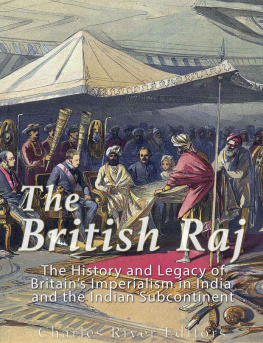Also in the Variorum Collected Studies Series:
PTER GUNST
Agrarian Development and Social Change in Eastern Europe, 14th19th Centuries
URSULA LAMB
Cosmographers and Pilots of the Spanish Maritime Empire
DENNIS O. FLYNN
World Silver and Monetary History in the 16th and 17th Centuries
ALBERT J. LOOMIE
Spain and the Early Stuarts
JACOB M. PRICE
Tobacco in Atlantic Trade
The Chesapeake, London and Glasgow, 16751775
JACOB M. PRICE
The Atlantic Frontier of the Thirteen American Colonies and States Essays in Eighteenth Century Commercial and Social History
JACOB M. PRICE
Overseas Trade and Traders
Essays on the Commercial, Financial and Political Challenges of British Atlantic Merchants, 16601775
FRANOIS CROUZET
Britain, France and International Commerce
From Louis XIV to Victoria
MICHAEL NORTH
Essays in Commercial, Monetary and Agrarian History, 15001800
S. ARASARATNAM
Maritime Commerce and English Power
Southeast India 17501800
RALPH SHLOMOWITZ
Mortality and Migration in the Modern World
RICHARD CLOGG
Anatolica: Studies on the Greek East in the 18th and 19th Centuries
COLLECTED STUDIES SERIES
A Taste for
Empire and Glory
Professor Philip Lawson
First published 1997 by Variorum, Ashgate Publishing
Published 2017 by Routledge
2 Park Square, Milton Park, Abingdon, Oxon 0X14 4RN
52 Vanderbilt Avenue, New York, NY 10017
Routledge is an imprint of the Taylor & Francis Group, an informa business
This edition copyright 1997 by Philip Lawson.
All rights reserved. No part of this book may be reprinted or reproduced or utilised in any form or by any electronic, mechanical, or other means, now known or hereafter invented, including photocopying and recording, or in any information storage or retrieval system, without permission in writing from the publishers.
Notice:
Product or corporate names may be trademarks or registered trademarks, and are used only for identification and explanation without intent to infringe.
British Library CIP Data
Lawson, Philip, 19491995.
A Taste for Empire and Glory: Studies in British Overseas Expansion, 16601800 (Variorum Collected Studies Series: 563)
1. World PoliticsTo 1900. 2. Great BritainColoniesHistory. I. Title. H. Series: Variorum Collected Studies Series: CS563. 325.341
US Library of Congress CIP Data
Lawson, Philip.
A Taste for Empire and Glory: Studies in British Overseas Expansion, 16001800 / Philip Lawson.
p. cm. (Variorum Collected Studies Series: CS:563) Includes index. Philip Lawsons Major Publications, 19801995: p. 1. Great BritainColoniesHistory18th Century. 2. Great BritainColoniesHistory17th Century. 3. ImperialismHistory18th Century. 4. ImperialismHistory17th Century. I. Title. II. Series: Collected Studies: CS563.
DA16.L29 1997 96-37233
941.07dc21 CIP
ISBN 13: 978-0-86078-636-8 (hbk)
VARIORUM COLLECTED STUDIES SERIES CS563
PUBLISHERS NOTE
The articles in this volume, as in all others in the Collected Studies Series, have not been given a new, continuous pagination. In order to avoid confusion, and to facilitate their use where these same studies have been referred to elsewhere, the original pagination has been maintained wherever possible.
Each article has been given a Roman number in order of appearance, as listed in the Contents. This number is repeated on each page and quoted in the index entries.
Professor Philip Lawson died of lymphoma in Edmonton, Alberta, on 10 October, 1995. He was forty six. Scarcely two years before, he had been in the prime of life, and almost to the end, he remained at the height of his formidable creative powers. In the decade and a half since he began publishing and lecturing, he had achieved more as a writer, teacher and scholar than most historians accomplish in much longer lifetimes. Yet his path to the past, like his migration to Canada, had followed an unusual, indirect and characteristically idiosyncratic course. He was born in Morecambe, Lancashire, and never lost his youthful attachment to football, in which he might have carved out a professional career. Instead, and after some heart searching, he chose history, and he graduated from Manchester University in 1971, obtaining his MA there four years later. As a research student, he went on to the University College of Wales at Aberystwyth, where he completed his Ph.D. in 1980, and he then taught as a temporary lecturer at the University of St Andrews in Scotland. But restricted employment opportunities at home meant that broader horizons soon beckoned him across the Atlantic. For the next three years, he was Killam Teaching Fellow in the History Department at Dalhousie University, Nova Scotia, before moving to the University of Alberta at Edmonton, where he rose from Mactaggart Fellow to the rank of full Professor between 1983 and 1994.
A less robust, vigorous, self-assured and warm-hearted figure might have resented this succession of postings on the British margins and the Canadian peripheries. But in Phils case, these locations and experiences not only offered adventure and opportunity (and football): they also informed his research, enhanced his writing, and made him the least parochial of historians, as well as an inspiring supervisor of undergraduates and research students. They broadened his perspectives on the British past, enriched his understanding of the greater, expanding British world of the eighteenth and nineteenth centuries, and constantly reminded him of the many ways in which the imperial metropolis and the overseas empire interacted and influenced each other. His doctoral research, on George Grenville, was inevitably as much concerned with colonial America as with English high politics. The eventual result was not only a full-scale political biography, but also a series of articles exploring transatlantic connections in the age of the American Revolution which are brought together in Part Three. From the thirteen colonies, Phil turned to study the relations between Britain and Quebec during the later eighteenth century: a subject which was as important as it had been hitherto neglected. Once again, there was a book, The Imperial Challenge and also a clutch of related articles, which are re-printed in Part Two.
By this time, the history of greater Britain during the eighteenth and nineteenth centuries was beginning to attract the attention of a group of innovative scholars on both sides of the Atlantic: in particular J.G.A. Pocock, with his programmatic essays on the new British history; Bernard Bailyn and Jack P. Green in the United States, who were exploring Anglo-American connections; and P.J. Marshall and C.A. Bayly in Britain, who were reinterpreting British links with south Asia. Phil had now established himself as one of the most significant figures in these new scholarly developments, and the History Department at Edmonton as one of the most fertile places in which to pursue them. The broader essays in which he speculated on the impact of Empire on Hanoverian Britain are collected in Part One. But unlike most of these new imperial scholars, Phils vision was not confined either to the Anglo-American transatlantic world or to Britains expanding realm in India. At the same time that he was working on the north American empire, he was also developing his interest in British expansion in south Asia. Eventually, this resulted in his brilliant and suggestive history of the East India Company. He also wrote essays on the impact of India on British politics and perceptions, and these are gathered here in Part Four.

